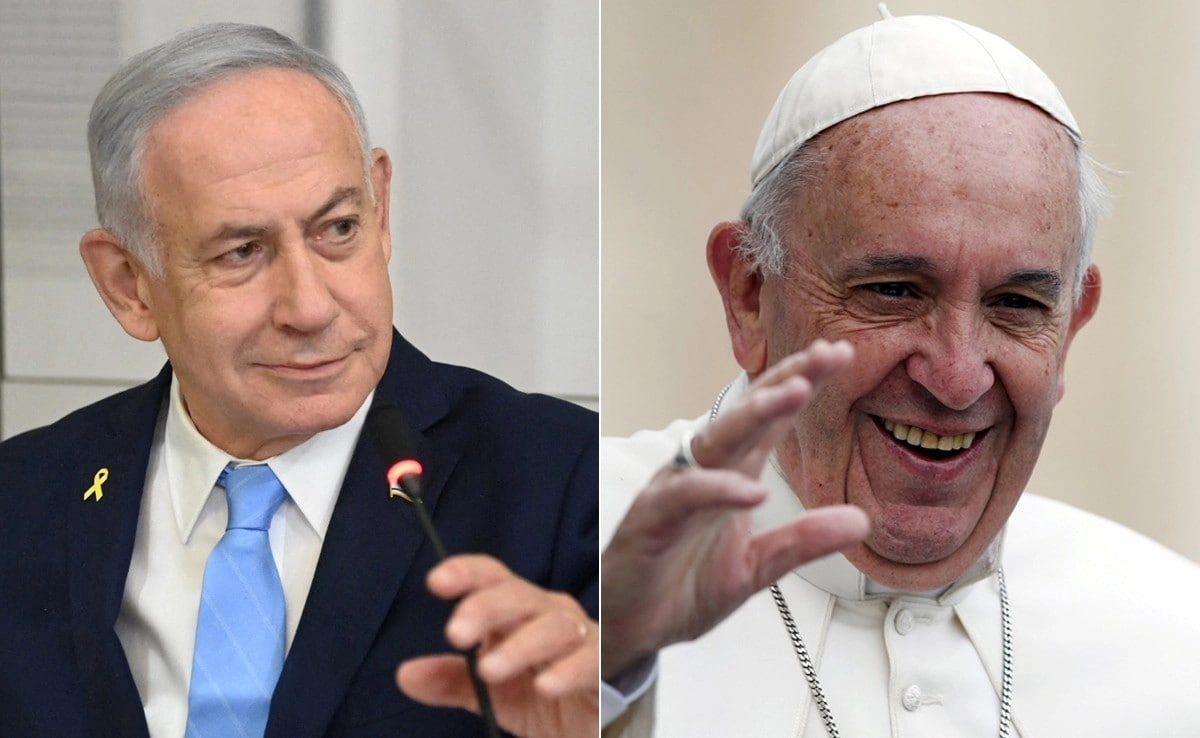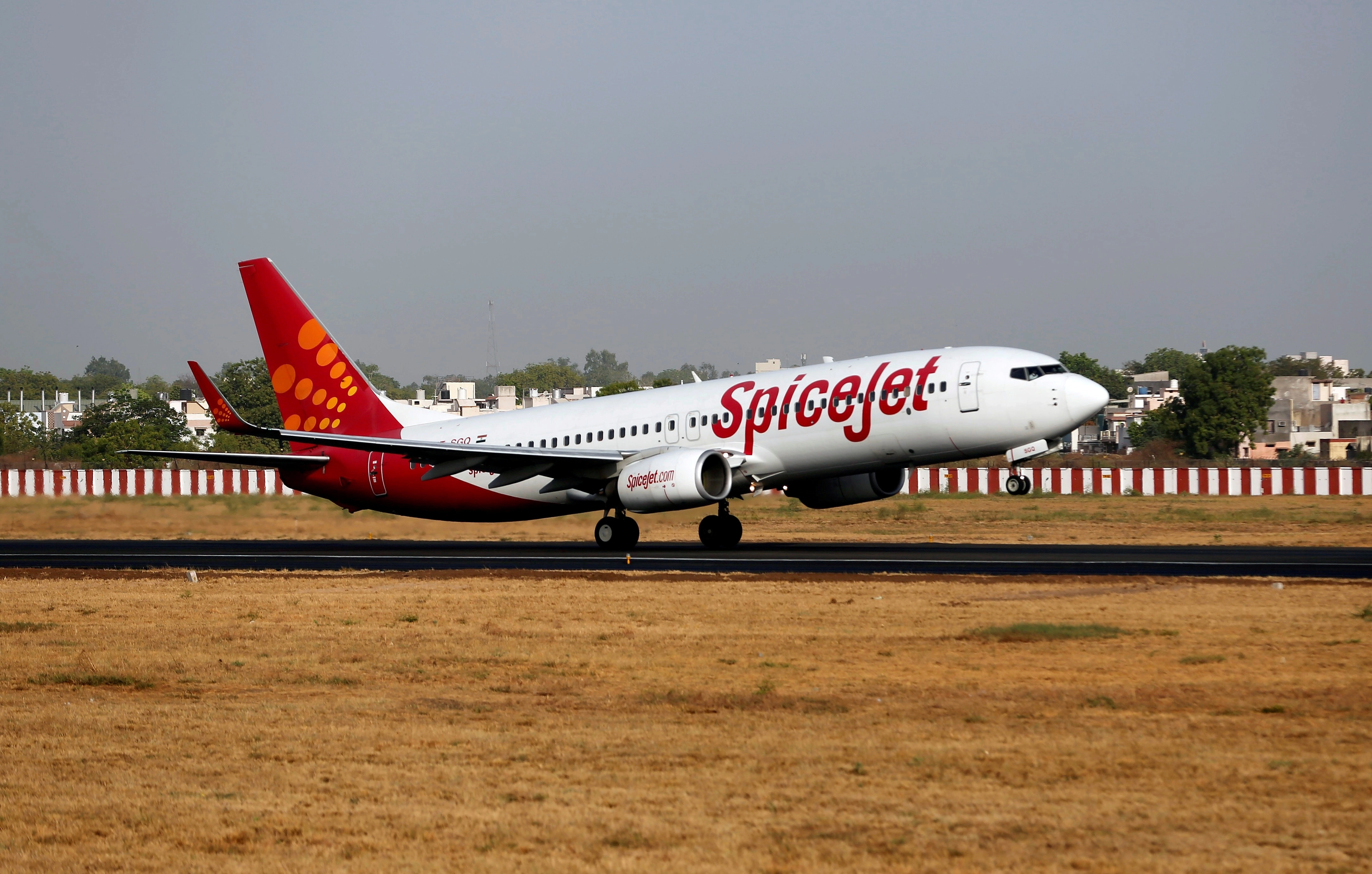The upcoming funeral of Pope Francis has garnered significant attention, not only due to the pontiff’s influential role in the global religious landscape but also because of the notable absence of several high-ranking Israeli officials. This decision has sparked conversations about the complex relationships between Israel and the Vatican, shedding light on political and diplomatic nuances that play a role in such high-profile events.
One key reason for the absence of these officials lies in the ongoing tensions surrounding the Israeli-Palestinian conflict and the Vatican’s stance on various issues related to it. The Vatican has often been seen as a mediator in peace efforts, advocating for a two-state solution, which sometimes clashes with the policies of the Israeli government. This friction has led to a cautious approach by Israeli leaders, who are wary of appearing overly conciliatory or supportive of narratives that could be interpreted as undermining their national security interests.
Moreover, the funeral’s timing coincides with various domestic and international challenges facing Israel, including ongoing security concerns and pressing political matters. Israeli leaders may prioritize addressing these issues over attending a funeral, particularly when the event is perceived as having potential political ramifications. The absence of prominent officials such as the Prime Minister or President may also reflect a strategic decision to maintain a certain diplomatic distance, emphasizing Israel’s stance on key geopolitical issues.
In the broader context, the relationship between Israel and the Vatican has seen significant developments over the years, influenced by historical events and religious dynamics. While both entities share common values, their differing perspectives on critical issues can create barriers to collaboration. As such, the absence of Israeli officials at Pope Francis’ funeral serves as a reminder of the delicate balance between diplomacy and national interests in a region marked by conflict and complexity.




